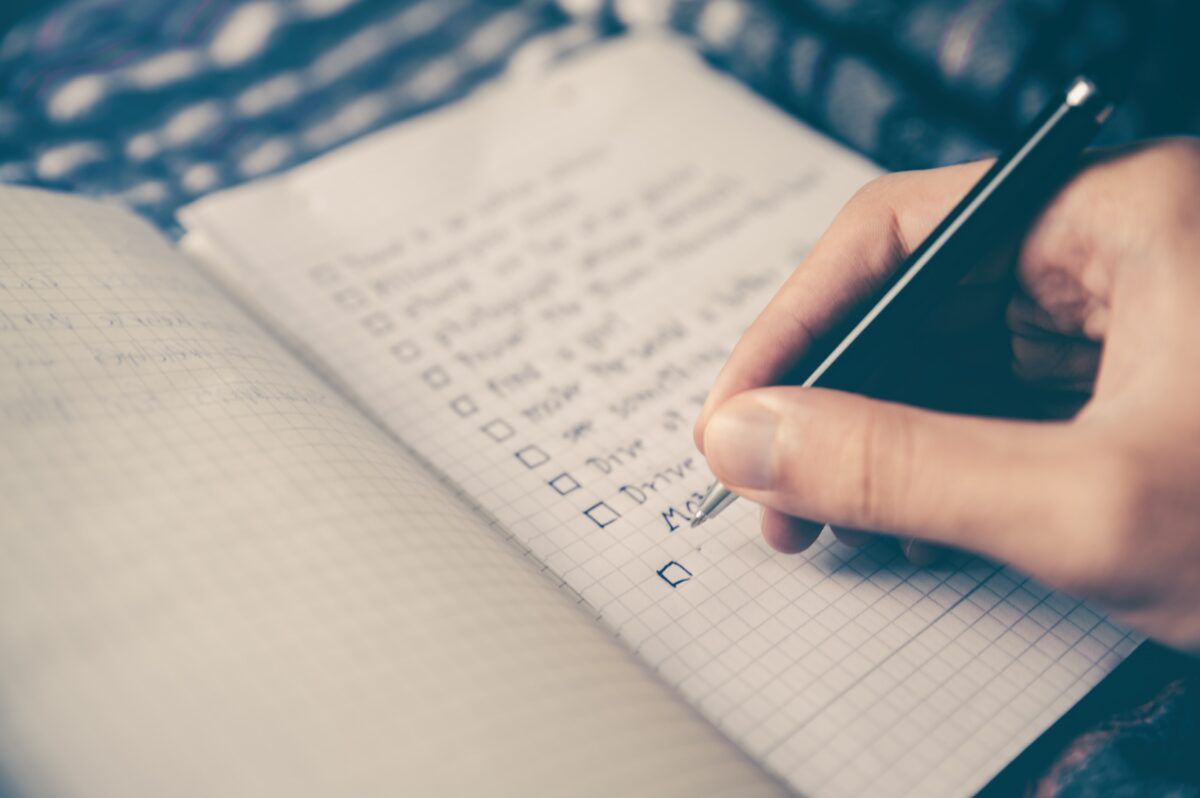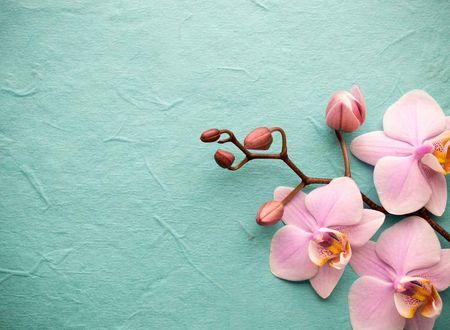This forum question from Shivani Kohli inspired this post.
In my teens, I believed I had all the answers. With age and learning, I realized I knew nothing.
In my twenties:
- I graduated with an undergraduate degree from the University of Maryland.
- I worked at a company that made bridge software. A dream job of sorts. That paid a small salary.
- After performing this job for a year, I went to graduate school to earn a Master’s degree in Computer Science.
- After graduating with my Master’s degree, I worked for a year and a half (at a job that paid me an accurate salary) before returning home to India.
- All this time, I continued to play bridge competitively.
Here are 6 lessons that would have served me well in my twenties:
Lesson 1 — I Am Responsible For My Life
If you want to be successful, you have to take 100% responsibility for everything that you experience in your life.
—Jack Canfield
I routinely put my happiness in the hands of others.
If people behaved in a way I liked, I was happy. If they did not, I was sad. It never occurred to me that I had a choice not to take things hard, not to take things personally. Reading Jack Canfield’s Success Principles introduced the idea of taking responsibility for my life.
I wish the twenties version of myself knew to take 100% responsibility for my life.
Lesson 2 — Credit Cards Are Not a Substitute For The Money You Don’t Have
Once you get into debt, it’s hell to get out. Don’t let credit card debt carry over. You can’t get ahead paying eighteen percent. — Charlie Munger
Banks refused to give me a credit card because I had no credit history.
When Bank of America took pity on me and gave me my first credit card, I was ecstatic. When I went to purchase a camera, the electronics store Best Buy asked me if I wanted to get a Best Buy credit card — I would get $100 off on my purchase. Why not? I now had two credit cards. Chase offered me a credit card and soon, I had three credit cards. My bank Capital One offered me a credit card — it is polite to say yes, isn’t it?
Out of nowhere, I had four credit cards.
I could not pay rent and other expenses with my first job’s salary. I used credit cards to help pay for the additional expenses. I soon went to graduate school, which paid a smaller stipend.
The obvious solution is to be disciplined with expenses — take my lunch from home each day, not spend $2.50 on coffee routinely, and so on. I, however, did not cut down on spending and used my credit cards to pay for these expenses. It took years to pay off all my credit card debts. I have said “No” to every credit card offers since then, even after moving back to India.
I wish the twenties version of myself knew:
- To own no more than two credit cards (for the sole purpose of building a credit history)
- To pay my credit card in full each month
- To spend less than what I earn
Lesson 3 – It is Never Too Late to Build an Exercise Habit
“Patient: The problem is that obesity runs in our family.
Doctor: No, the problem is that no one runs in your family.” — Unknown
I was caught in a vicious cycle as a child.
I was fat. I was therefore bad at sports and kids made fun of me. As a result, I did not play sports and remained fat.
When I went to college at the University of Maryland, the gym was first-rate, and there were options to play more than 100 sports. I clung to my childhood patterns and stayed away from physical activities. This continued after I started working.
I wish the twenties version of myself knew the importance of exercise and that it is never too late to build an exercise habit.
Lesson 4 – Pleasure is a False God
Pleasure is a false god. Research shows that people who focus their energy on superficial pleasures end up more anxious, more emotionally unstable, and more depressed
— Mark Manson
When I graduated from college and started working, I spent my free time watching movies.
In retrospect, I could have done any one of the following:
- Doubled down on the work at my company. (Nobody says no if you choose to work twice as hard)
- Spend time on deliberate practice activities to improve my bridge, and increase my chances of winning championships.
- Learn new skills
I wish the twenties version of myself knew that pleasure is a false god and that a life of purpose is the best way to fulfilment.
Lesson 5 – Gratitude is a Superpower
When you are grateful, an invisible blanket of peace covers you; it makes you glow, makes you happy, makes you strong, makes you warm.
— Om Swami
I took life for granted.
I complained bitterly about everything that did not go my way. I did not appreciate everything that did go my way. A handful of people who grow up in India received the opportunity to study in the United States — I did not recognize this. I spent a lot of time in my twenties feeling miserable.
There was one potent antidote to my problems: Gratitude.
If I practised gratitude, I would have complained far less. Gratitude and complaining do not co-exist together. And if I complained lesser, I could dedicate that energy to creative activity, which would help me appreciate life. Thus creating a positive cycle.
I wish the twenties version of myself practised gratitude regularly.
Lesson 6 – Any Sentence Beginning With “I Can’t” is a Big Fat Lie
Whether you think you can or think you can’t, you’re right.
—Henry Ford
I grew up believing I was not good at several activities:
- Sports
- Drawing
- Any activity that involved building something
- Music
And much more.
This thinking continued when I went to the University of Maryland. The first engineering class I took involved a group project where we had to build a pump. I told myself I can’t build a pump. At the end of the semester, I told myself I can’t do engineering and switched my major to computer science.
As a computer science major, I told myself I’m not good at Operating Systems and Networking. At home, I told myself I can’t prepare a tasty meal. In graduate school, I believed I didn’t belong there. The list of my “I Can’t” stories is too large to enumerate.
Later in life, I discovered an all-important truth: Anybody can pursue anything they put their minds to.
“I can’t do this” is a story I tell myself. I can do anything if I put in the requisite efforts. Now, I may not want to do something, but this is not the same as saying I can’t do it.
I wish the twenties version of myself did not have the words “I Can’t” in his vocabulary.
A Recap of The Six Lessons I Wish the Twenties Version of Myself Knew
- I am responsible for my life.
- Credit cards are not a substitute for the money you don’t have.
- It is never too late to build an exercise habit.
- Pleasure is a false god.
- Gratitude is a superpower.
- Any sentence beginning with “I Can’t” is a big fat lie.
Reflections On This Exercise
- Revisiting the past should be for one purpose alone: To learn lessons from the mistakes made.
- Feeling bad about mistakes made in the past is a waste of time. While I wish I knew these lessons in my twenties, I am not wallowing in regret.
- Everything in the universe operates with precise accuracy. There should be a good reason why I made the mistakes back then.
- Keeping an open mind can help reduce present-day mistakes.
Image Credit: Glenn Carstens-Peters from Unsplash









Comments & Discussion
41 COMMENTS
Please login to read members' comments and participate in the discussion.